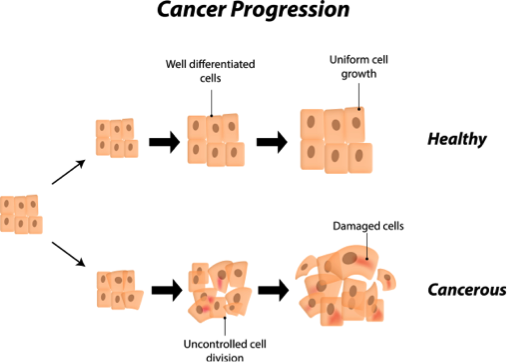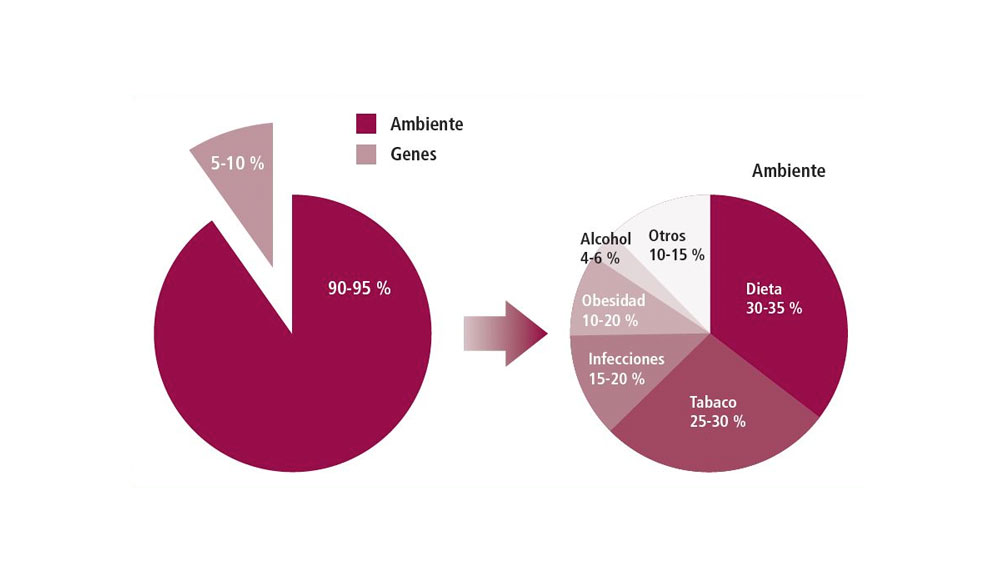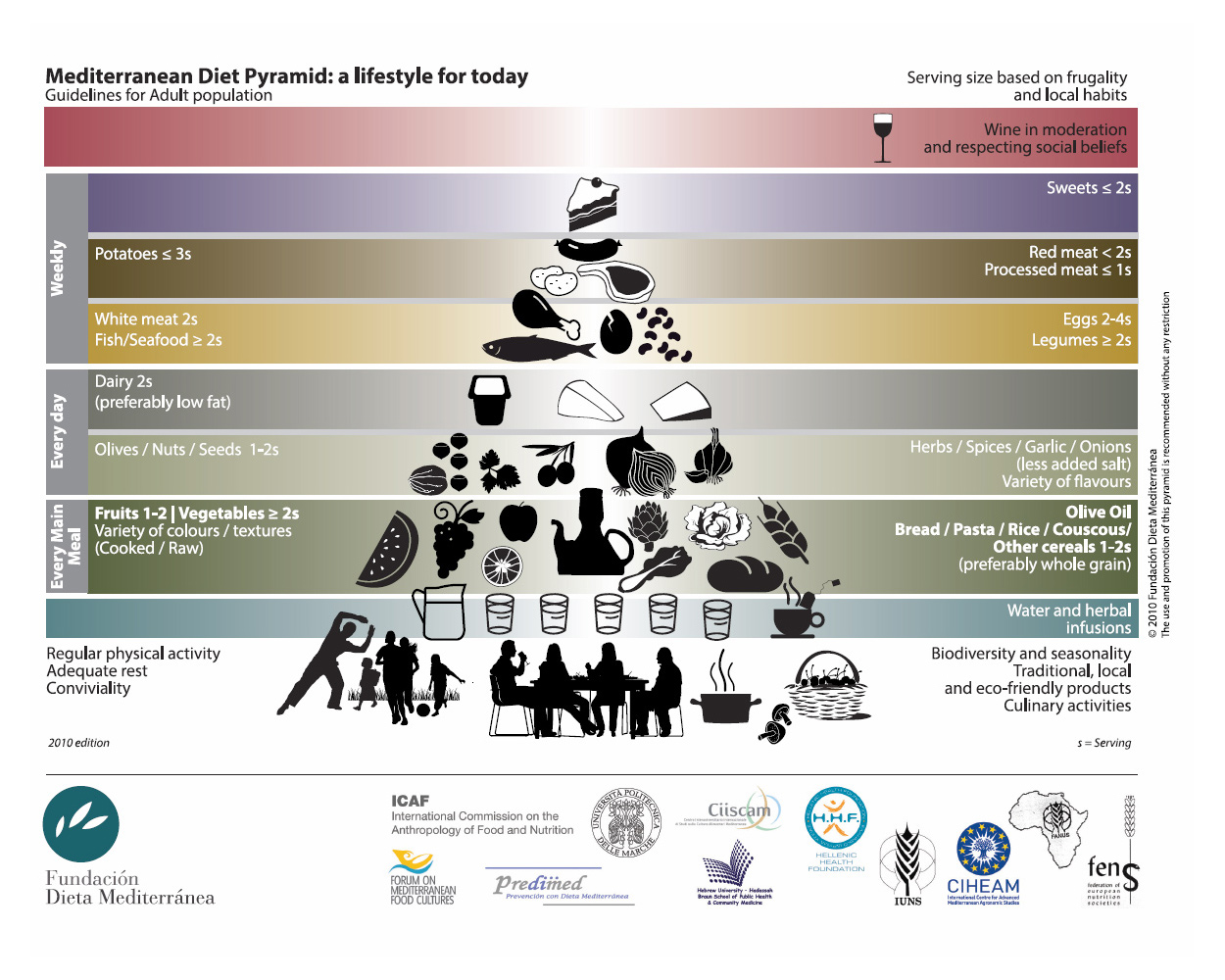Diet, fish and cancer: the role of Omega 3
One hundred years ago, cancer was not so common
During the last decades, the incidence of cancer has increased alarmingly, probably due to changes in our lifestyles, our habits and the increase in life expectancy.
Cancer is one of the most feared diseases of the 20th century and one that has an increasing incidence in the 21st century: it is currently estimated that one in five people has a risk of developing cancer before the age of 75 in their lifetime (WHO World Health Organization).

Cancer is a group of diseases caused by a molecular mutation of DNA, which can originate in the cells of any organ or body structure, causing uncontrolled proliferation of cells, tumor growth, invasion of nearby organs and involvement of distant organs (metastasis), altering their structure and function.

The hereditary genetic component of cancer is only 5-10%: most malignant tumors (90-95%) are non-inherited genetic alterations produced by environmental factors that, in general, are strongly linked to the lifestyle of people (figure 1).
We are constantly exposed to various cancer-causing agents, known as carcinogens. Among these factors that clearly increase the risk of cancer are smoking, radiation and some infections, where there is a direct and known effect on DNA.
If the process of carcinogenesis (cancer formation) begins with genetic mutations due to prolonged exposure to a risk factor, it must be taken into account that the most relevant risk factor in lifestyle is the dietary pattern.

Obesity, excess body fat, lack of physical exercise and sedentary lifestyle are also risk factors, not only for the development of cancer, but also for the appearance of cardiovascular diseases and diabetes. To lead a healthy lifestyle, it is recommended to practice 75 minutes of intense exercise or 150 minutes of moderate exercise a week.
Studies show that people who consistently follow a healthy diet pattern, such as the Mediterranean Diet, clearly have less mortality from cancer and cardiovascular diseases.
These diets include a significant portion of vegetables, fruits, and an adequate intake of whole grains, proteins, and unsaturated fats (such as fish).
On the contrary, they do not include, or do so in a moderate way, ultra-processed foods, sugary drinks, refined products, the high consumption of red meat and processed meats such as sausages.

The current diet patterns have changed towards a western style of diet (WPD Western Pattern Diet or SAD Standard American Diet), less healthy and with an increase in the intake of meat (especially red meat), saturated fats and refined sugars. On the other hand, the Mediterranean Diet is less followed by consumers and this change, together with the increase in obesity, has contributed to the increase of the incidence of diabetes, cardiovascular diseases, cancer and probably neurodegenerative diseases in recent decades.
In this context, the intake of fish and shellfish is important as a healthy food not only for the contribution of proteins, but also for the unsaturated fatty acids, among which Omega 3 from local fish sustainably fished.


















